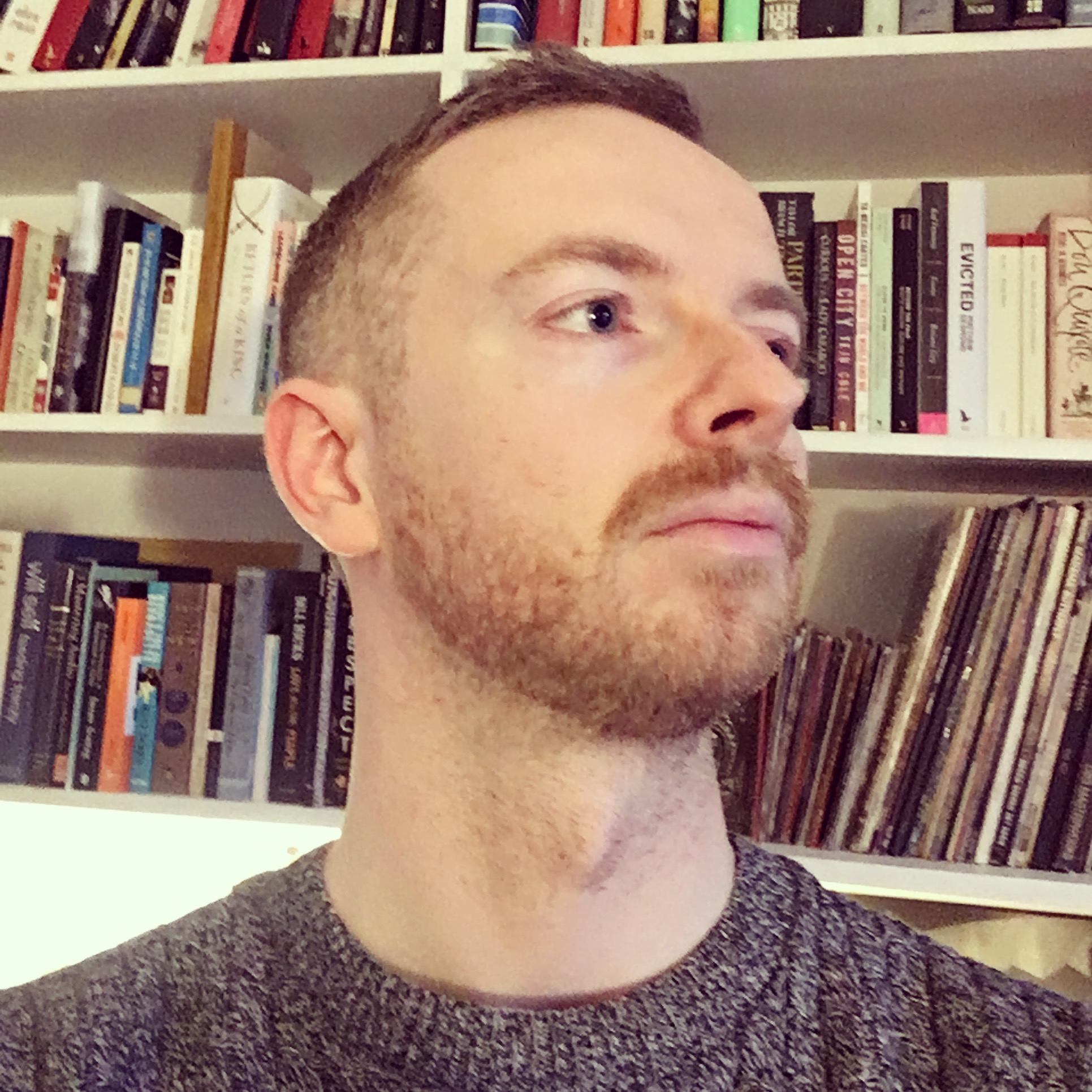©Carlos No, Estudo para a obra Cruz, 2020, Tinta da china sobre papel www./
Translated by Gary Michael Perry
Edited by Kim Olson
“He was walking in the sun for the first time. And nothing bad had happened to him yet. It had to be true, then, what his friend had told him. That there were scientific and economic forces that had sought to maintain their power through fear.”
With slow, uncertain steps, looking fearfully in every direction, Reboredo walked to the rendezvous. He felt a profound disquiet and, at the same time, a great sense of well-being that came from the morning sun, so sweet and gentle, that had never before touched his skin.
Fear ran through his body, from head to toe. But it was a different fear to the one he had distributed into every corner, home and cavern of that dark world, the only fear he had known.
This was a different fear. Clear, tepid. Maybe even happy. A new fear that made him feel more relaxed. It was this that would make him feel like a man, the friend who had arranged the day and time of this meeting had said.
He walked and walked until he arrived at the meeting place. He stopped and looked around, worried that the meeting would come to nothing. Suddenly, and with no clue as to where he had come from, a young man about his age appeared.
“You’re Reboredo?”
“I am. And you? You’re A132ztx?”
“You can call me Alberto.”
“And the others?”
“They’ll join us over there. On the dunes. In the sunshine, of course!”
“Ah, yes … of course.”
Reboredo didn’t know what to say. He was walking in the sun for the first time. And nothing bad had happened to him yet. It had to be true, then, what his friend had told him. That there were scientific and economic forces that had sought to maintain their power through fear. Fear of the sun, fear of singing, fear of dancing, of loving. Fear of thinking …
Like this, the entire population was kept tied to work and to life in the darkness of the caves.
There were, however, those who had doubts. Who searched. Who wondered. Who wanted to lose themselves or find themselves amidst words.
Reboredo wanted to learn about those strange and, apparently, dazzling things his special friend had told him about. The friendship that united them went beyond the certificate of friendship they had been issued by the Central Laboratory. It was true that the two fulfilled their sexual obligations and enjoyed doing so, but they had gone beyond, far beyond, what they were required to do. They had spoken, exchanged words, anxieties, desires, worries and dreams.
She was the one who had told him of people who believed in a different life, a life without fear.
That was why Reboredo had gone to meet Alberto. They walked in the direction of the beach and Alberto announced:
“At the beginning of each meeting, we sing our anthem.”
“What’s an anthem?”
“It is a song that everybody sings together. A song that speaks of our ideas.”
“Where I come from, singing is forbidden. And having ideas is not very advisable either.”
“Our anthem is an old song, from a time when there was music and singing … It is called ‘The Song of the Utopia’.”
As they arrived at the dunes, Reboredo spotted a group of men and women waving and smiling at them.
“I think it will be good to sing.”
Alberto smiled in agreement.
“It will! And all of us together! Can you imagine?!”
Read the original chapter in Portuguese

José Fanha (Lisbon, 1951) has a degree in Architecture, is a teacher and a teacher trainer. He has written and performed poetry since 1969, when joined the movement against the dictator Salazar’s fascist regime and began accompanying Portuguese singer Zeca Afonso and others during touring protests throughout the country. He writes for theatre, radio, television and cinema. He is also the author of hundreds of song lyrics and of 14 thematic anthologies of Portuguese poetry. He has collaborated in the writing of 4 novels written by multiple hands, and been included in many collections of short stories. He visits schools and libraries around the country, promoting books and reading, spreading enthusiasm for poetry and offering writing workshops and book clubs. He likes to describe himself as a promoter of poetry, a dealer in lucid words, a dream-smuggler and an inhabitant of the realm of solidarity and of utopia. He has always been a wholehearted citizen and will continue to be so for as long as it takes.

Gary Michael Perry is a bookseller at Foyles on Charing Cross Road, where he co-manages the Fiction Department and works to promote fiction in translation. He has sat on the advisory committee for the PEN Translates scheme, as well as New Books in German at the Goethe Institut. He has judged the Republic of Consciousness Prize, the Green Carnation Prize and, most recently, the Harvill Secker Young Translators’ Prize.
Listen to this chapter on Facebook read by Ben Slack
(video production by Gabriela Ruivo)
Escape Goat is the twin page of Bode Inspiratório
All content subject to copyright. All rights reserved
